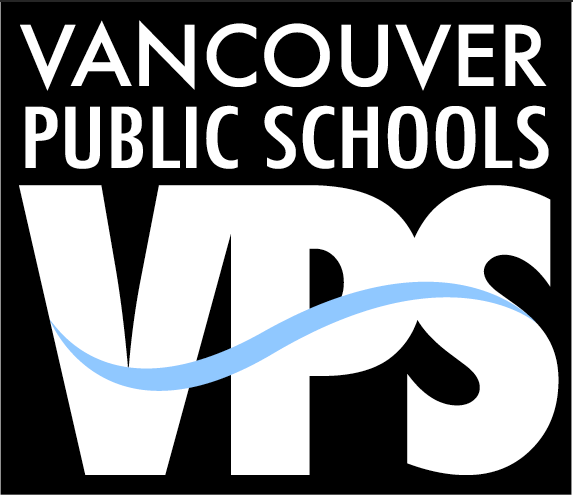Vancouver School District voters will be asked to pass two levies — including, for the first time, a technology levy — on Feb. 12.
School board members unanimously agreed Tuesday to put the measures before the voters. The current three-year maintenance and operations levy expires in 2013.
The district is requesting $44 million for M&O in 2014, $44.6 million in 2015 and $45.2 million in 2016. The expiring levy authorizes a $43 million collection in 2013.
State law limits the amounts local districts can request. A formula, based on a levy lid of 28 percent of the district’s revenue from the previous year, was used to determine the levy amounts.
The maintenance and operations levy rate for 2013 is $3.71 per $1,000 of assessed property value. Projected M&O levy rates per $1,000 of assessed property value are $3.85 for 2014, $3.86 for 2015 and $3.84 for 2016. The 2014 requested amount is a 14-cent increase over the 2013 rate. For the owner of a $200,000 house, the 2014 tax would be $770, a $28 increase over the 2013 tax.
“These are relatively small annual increases,” said Steve Olsen, chief fiscal officer for Vancouver Public Schools.
The $1 million increase being sought in the first year equals 0.5 percent of the district’s operating budget, and would help offset rising costs for fuel, supplies and paper.
“When you put it into perspective, one-half of a percent isn’t even addressing the inflation we’re seeing,” Olsen added.
Local levy dollars make up approximately 19 percent of the district’s budget. The majority of the budget — 67 percent — comes from state funds. The rest comes from federal money and other sources.
The M&O levy pays for teacher and support positions; classroom supplies, textbooks and equipment; instructional technology and software; school safety and security; maintenance of buildings and grounds; staff training and professional development; extended learning; education for students with special needs; extracurricular activities and intramural sports; substitutes; portable classrooms; utilities, insurance and fuel; and student transportation.
Technology levy
Also on Feb. 12, voters will be asked to approve the district’s first-ever technology levy.
If approved, the $4 million annual technology levy will upgrade computers and provide technology tools for all students for six years — 2014 through 2019.
The technology levy projected rates per $1,000 of assessed property value are 35 cents in 2014 and 2015, 34 cents in 2016, 33 cents in 2017 and 2018, and 32 cents in 2019. For the owner of a $200,000 house, the technology levy will cost $70 in 2014, which equates to $5.83 per month.
Olsen said the district has considered running a technology levy for several years.
“We wanted to do it in 2009, but the levy was tabled due to the economic recession,” he said. “In the past, technology was paid for out of the general fund. Part of it came from the M&O levy,” Olsen said. “The technology levy is over and above what we’re currently doing.”
Olsen said that in 2006-2007 and 2007-2008 the district “conducted an extensive public engagement process to develop a strategic plan for the next five years and beyond.”
Through a symposium, an online survey and small group discussions, parents, staff and community members said using 21st century technology should be a top priority.
Then in 2012, a community survey showed 71 percent of district residents favored a technology levy. The district’s Management Task Force, made up of business and community leaders, advised the district to move forward in integrating education technology so that students would be prepared for college and their future careers.
Vancouver already has some infrastructure in place, including WiFi in all its buildings. The district implemented pilot programs using technology in some classrooms in some schools. The technology levy will allow the district to bring technology to all the district’s students. District purchases will include laptops, iPads, iPods and other tools.
By redirecting technology spending to its own levy, “Those monies in the M&O budget will be rededicated to building and grounds maintenance, roofs that need attention, carpet, things we’ve been deferring so we can get a head start on the technology,” Olsen said.
A simple majority (50 percent plus one) of “yes” votes is required to approve the levies.
Susan Parrish: 360-735-4515; http://twitter.com/Col_Schools; susan.parrish@columbian.com




